We at RKW are fully committed to our responsibility towards society and the environment. This is also evident in our corporate purpose: We enhance the quality of daily life and strive to create a more sustainable world through our high-performance, innovative plastic films. Furthermore, we have set ourselves ambitious sustainability targets and we are continuously working to contribute to a sustainable future.
We have already achieved our “Strategy 2025“ target to reduce GHG emissions Scope 1+2 (Baseline 2017) by 50% in 2020 – but we are much more ambitious and continue to actively work on reducing our GHG emissions. For this reason, we have committed to the Science Based Targets Initiative (SBTi) at the end of 2022. Under SBTi, we will set ourselves new targets for scopes 1, 2 and 3 to achieve the goals of the Paris Climate Agreement.
Our sustainability strategy is based on the ESGs (Environmental, Social and Governance) and the 17 areas of action of the United Nations, the Sustainable Development Goals (SDGs).
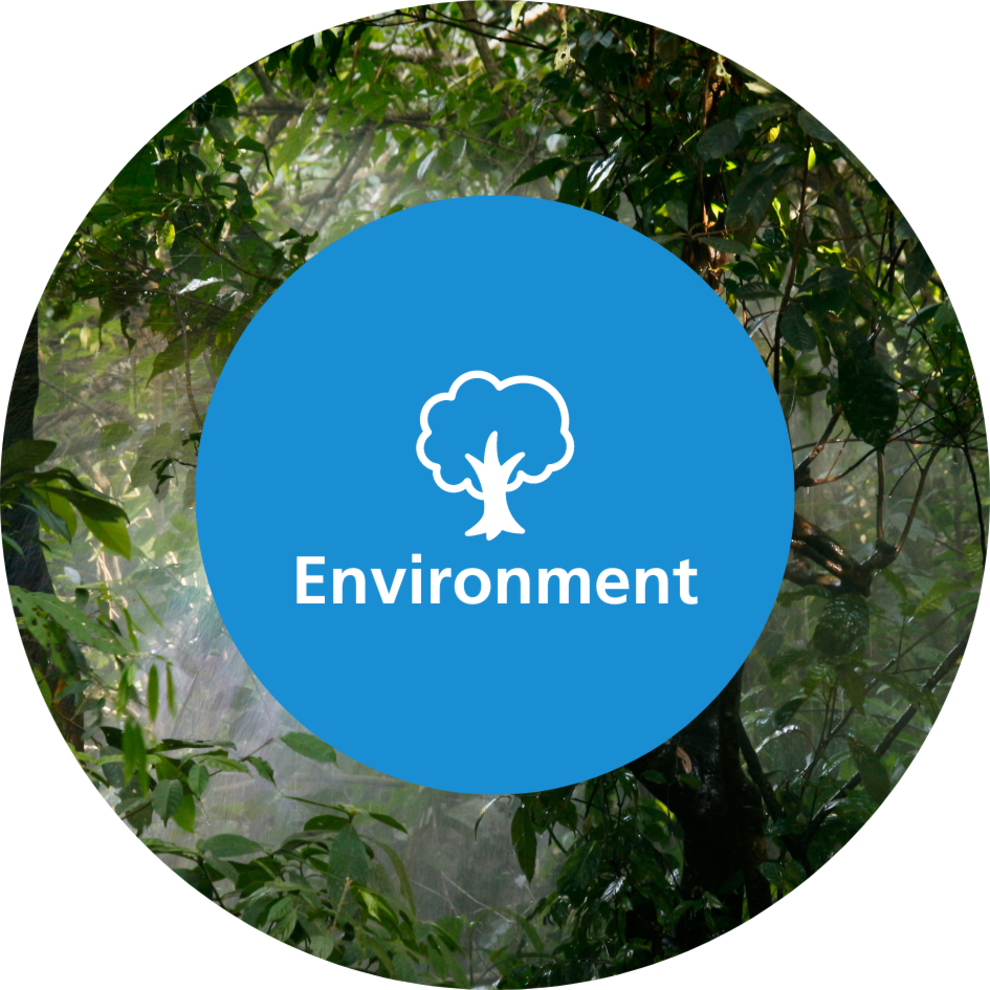
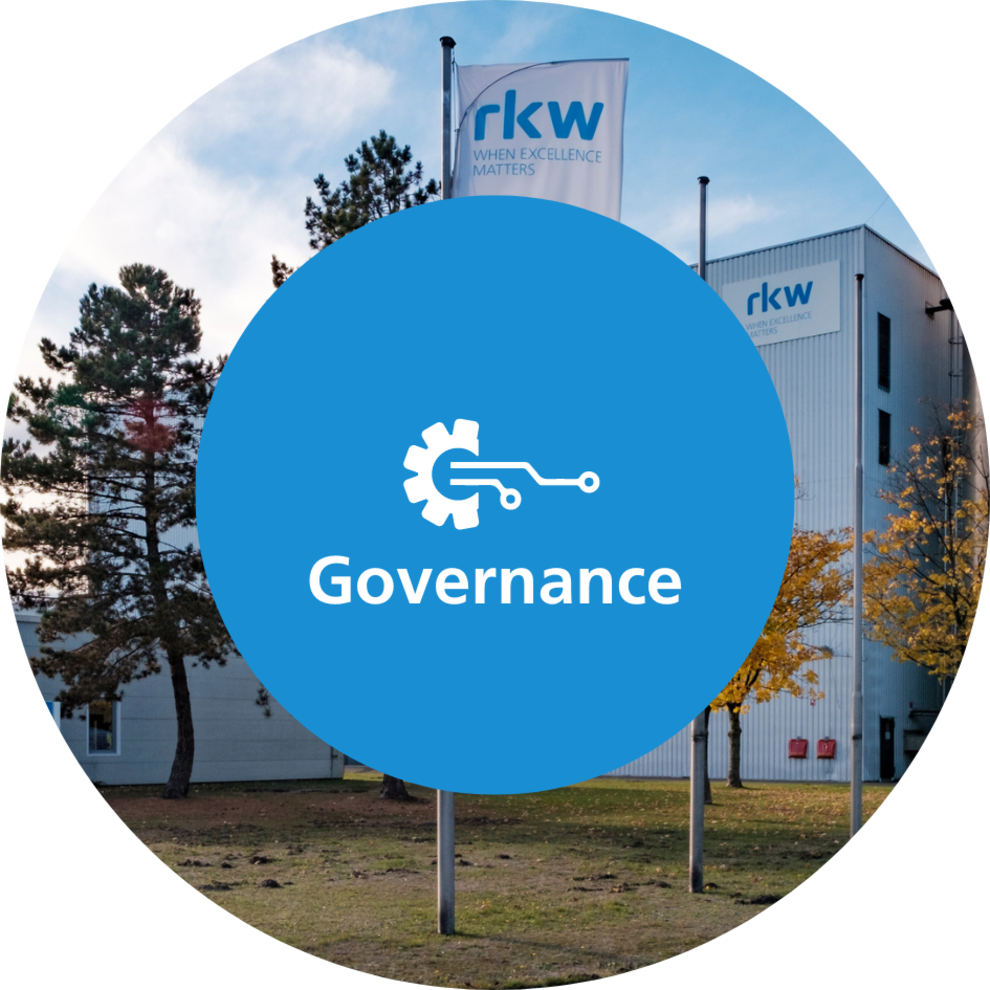
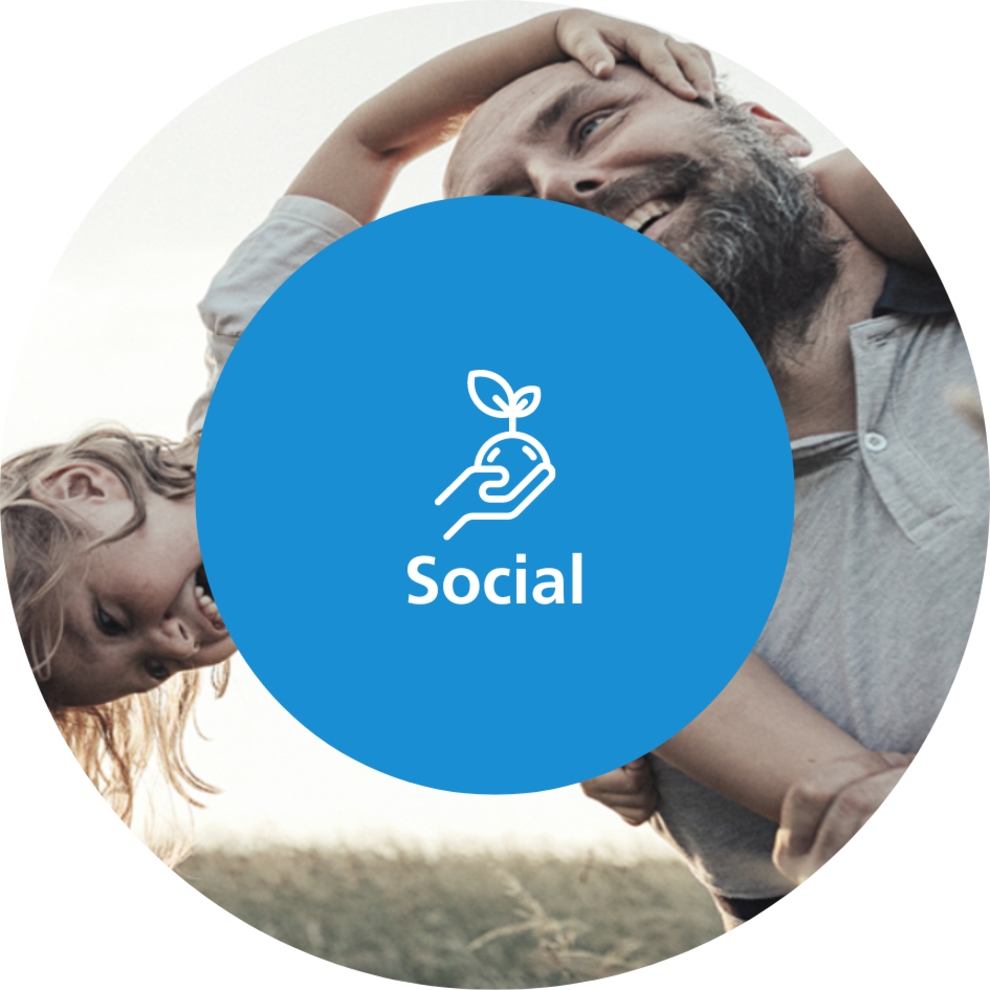
Our sustainability goals

Increase the use of recycled, renewable and biodegradable materials from 7.6% in 2017 to 15% by the end of 2025.

GHG Protocol Scope 1&2 greenhouse gas emissions reduction of 50% by 2025, compared to 2017.
What we achieved in 2023

Commitment to the Science Based Targets Initiative
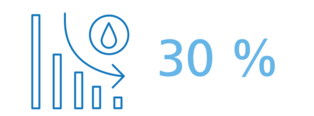
Lower water consumption compared to 2017

Sites: Petersaurach and Gronau (Germany), Saultain (France) and Pori (Finland)
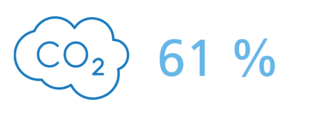
Lower CO2 emissions compared to 2017

RKW employs staff from 45 countries

Women's representation in leadership positions at RKW


